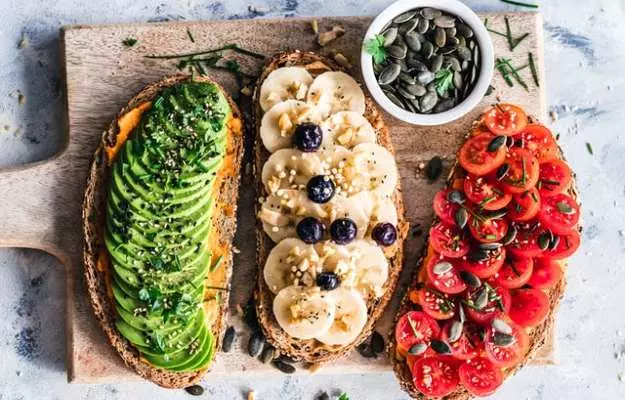A vegan diet excludes all animal products, including meat, dairy, eggs, honey and ghee. People around the world are now taking up veganism for reasons like their health, animal welfare or environmental concerns.
However, people who eat only plant-based foods need to be more aware of how to obtain certain nutrients, including iron, calcium, and vitamin B12 that usually come from an omnivorous diet (eating both plant- and animal-based foods).
Read on if you are curious about this diet, or if considering going vegan, or if you are already vegan and want to cross-check if you are on the right track: this article has tips on foods to eat, foods to avoid on this diet, how to get all the nutrients even while excluding some food groups, who can and cannot do this diet and a diet plan.















